Physical Address
304 North Cardinal St.
Dorchester Center, MA 02124
Physical Address
304 North Cardinal St.
Dorchester Center, MA 02124

Choosing the right cleanser is a foundational step in any skincare routine. A good cleanser not only removes dirt, makeup, and impurities but also prepares the skin for the next steps in your routine. With a plethora of options available, it can be overwhelming to navigate the cleanser aisle. Understanding the essential ingredients that can benefit your skin will help you make informed choices. In this article, we will explore some of the best cleansers ingredients, their benefits, and how to choose the right one for your unique skin type.
Cleansing is a crucial step in skincare. Throughout the day, our skin accumulates dirt, oil, makeup, and environmental pollutants. A good cleanser removes these impurities, allowing the skin to breathe and absorb other products effectively. Proper cleansing can prevent clogged pores, breakouts, and dullness. Therefore, selecting a suitable cleanser is vital for maintaining healthy, vibrant skin.
Different types of cleansers are formulated to address various skin concerns. Foaming cleansers, gel cleansers, cream cleansers, and micellar waters are just a few examples. Each type serves a unique purpose, and the choice often depends on individual skin types and concerns. By understanding the roles of each type, you can select a cleanser that suits your needs.
Before diving into the ingredients, it’s essential to understand how to choose the right cleanser based on your skin type. If you have oily or acne-prone skin, opt for a foaming or gel cleanser that can effectively remove excess oil. On the other hand, if you have dry or sensitive skin, a cream-based or hydrating cleanser may be more suitable. The right cleanser can enhance your skincare routine and create a solid foundation for the health of your skin.
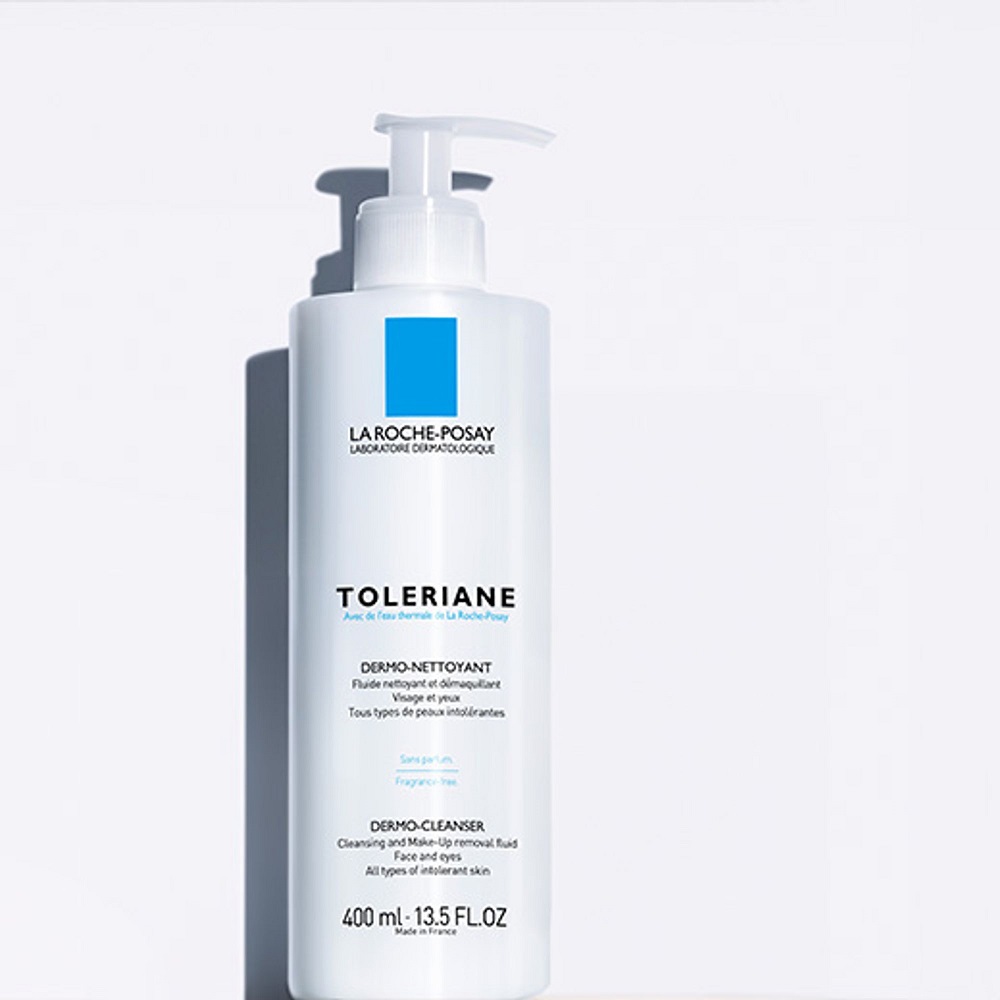
Surfactants are the key ingredients in most cleansers that help break down dirt and oil. They work by reducing the surface tension of water, allowing it to mix with oil and debris. This interaction makes it easier to wash away impurities from the skin. Surfactants can be classified into three categories: anionic, cationic, and nonionic. Anionic surfactants are commonly found in foaming cleansers and are effective at removing grease and dirt.
While surfactants are necessary for effective cleansing, the gentleness of the surfactant matters significantly. Harsh surfactants can strip the skin of its natural oils, leading to dryness and irritation. Therefore, it is essential to look for gentle surfactants in your cleanser.
Some popular gentle surfactants include cocamidopropyl betaine, decyl glucoside, and sodium cocoyl isethionate. These ingredients are derived from natural sources and provide effective cleansing without overly drying the skin. When choosing a cleanser, opting for those with these gentle surfactants can help maintain the skin’s moisture balance and overall health.
In addition, keep an eye out for formulations labeled “sulfate-free.” Sulfates, such as sodium lauryl sulfate (SLS), can be overly aggressive and may irritate sensitive skin types. Choosing cleansers free of sulfates ensures a gentler and more skin-friendly cleansing experience.
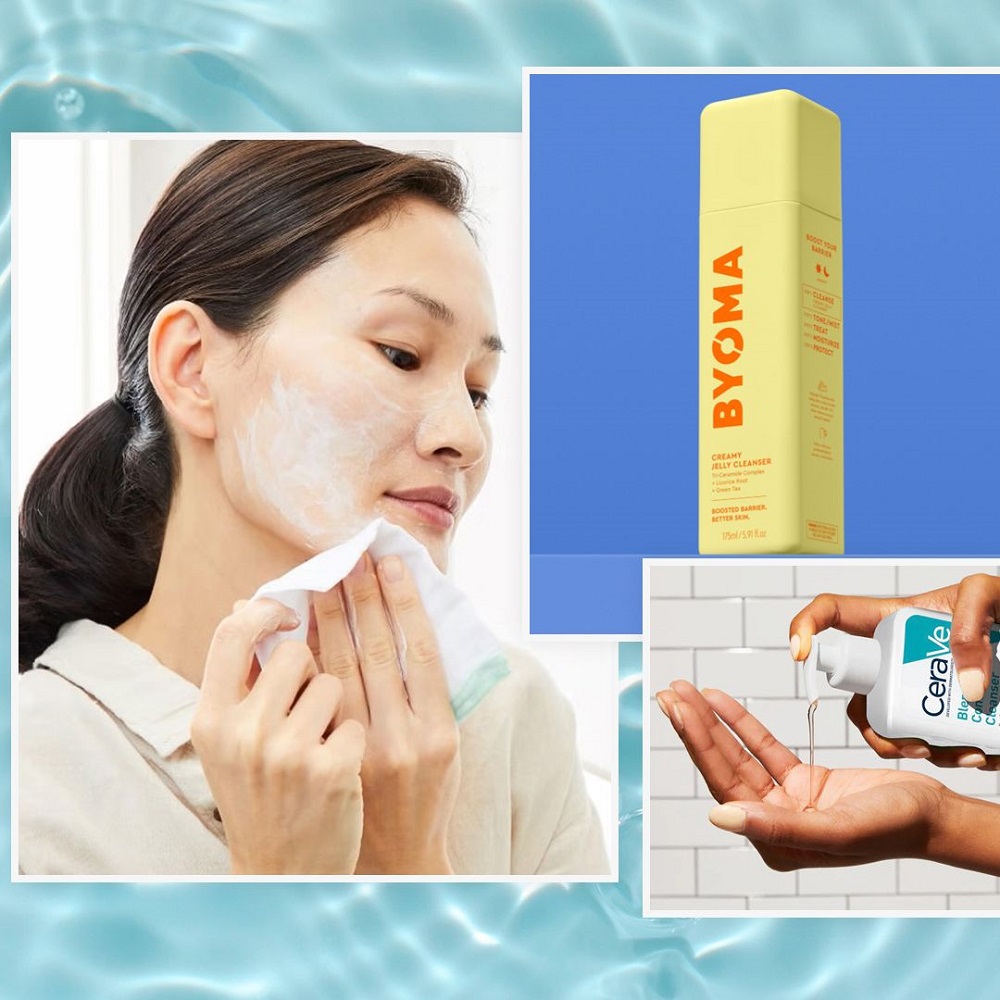
After cleansing, it’s vital to keep the skin hydrated. Many cleansers can leave the skin feeling tight and dry, especially if they are formulated with harsh ingredients. To combat this, look for hydrating ingredients that can nourish the skin while cleansing. These ingredients help to maintain the skin barrier and prevent moisture loss.
Hydration is especially important for individuals with dry or sensitive skin. A cleanser that strips away essential moisture can exacerbate existing skin issues. Therefore, combining effective cleansing with hydration results in a balanced and healthy complexion.
Several hydrating ingredients can be beneficial in cleansers. One notable ingredient is hyaluronic acid. Known for its incredible ability to retain moisture, hyaluronic acid can help keep your skin plump and hydrated. When included in a cleanser, it ensures that your skin retains moisture even after washing.
Another hydrating ingredient is glycerin. This humectant draws moisture from the environment into the skin, helping to maintain hydration levels. Glycerin is gentle and suitable for all skin types, making it a fantastic addition to any cleanser. Other beneficial hydrating ingredients include aloe vera, panthenol (vitamin B5), and honey, all of which provide soothing properties while promoting hydration.
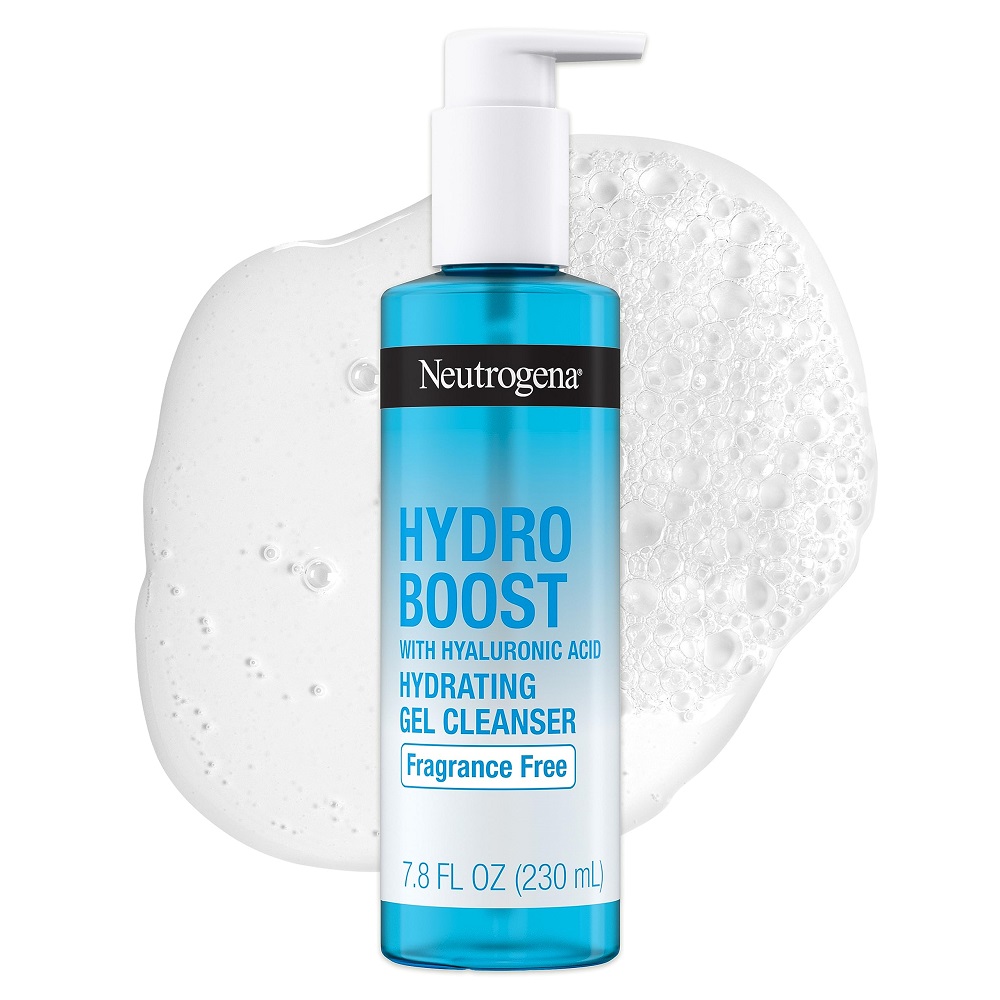
Exfoliating ingredients can significantly enhance the effectiveness of a cleanser. Regular exfoliation helps to remove dead skin cells, unblock pores, and promote cell turnover. This process can improve the overall texture of the skin and lead to a more even complexion. However, it is essential to choose the right exfoliating ingredients for your skin type.
Cleansers with gentle exfoliating properties can provide a deeper clean and reveal fresher skin. Ingredients such as acids and enzymes effectively exfoliate without being abrasive. These ingredients help maintain a healthy and radiant complexion without causing irritation.
Alpha hydroxy acids (AHAs), such as glycolic acid and lactic acid, are commonly used in cleansers to provide mild exfoliation. AHAs work primarily on the surface layer of the skin, helping to remove dead skin cells and improve overall radiance. For individuals with sensitive skin, glycolic acid is often available in milder concentrations, providing effective results without irritation.
Another popular group of exfoliating ingredients is beta hydroxy acids (BHAs), with salicylic acid being the most well-known. Salicylic acid penetrates deeper into pores, making it an excellent choice for oily and acne-prone skin. Additionally, enzymatic exfoliants from natural sources such as pineapple and papaya are gentle yet effective, promoting a luminous complexion without the need for scrubbing.
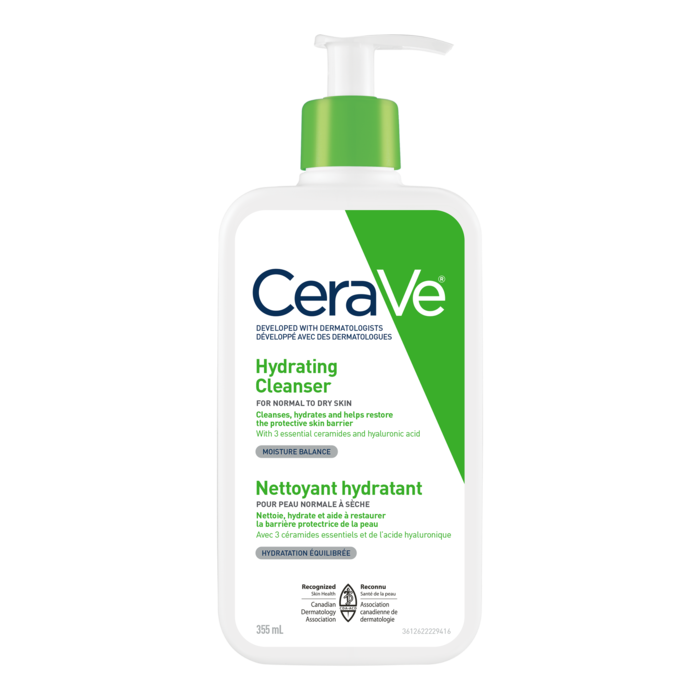
Sensitive skin often requires special care during the cleansing process. Many traditional cleansers can cause irritation or trigger redness, so soothing ingredients are vital for maintaining comfort. These ingredients help calm the skin and prevent irritation, making the cleansing process gentle and effective.
Soothing ingredients are particularly important for individuals with conditions such as rosacea, eczema, or other sensitivities. A cleanser enriched with calming properties can not only clean the skin but also promote healing and balance.
There are several soothing ingredients to look for in a cleanser. One of the most popular is chamomile. Known for its anti-inflammatory properties, chamomile can help to calm irritation and redness, making it a fantastic choice for sensitive skin types. Similarly, allantoin is another effective soother that promotes healing and helps moisturize the skin.
Aloe vera is another well-known calming ingredient. Its hydrating and anti-inflammatory properties make it ideal for soothing irritated or inflamed skin. Additionally, ingredients like calendula and green tea provide antioxidant benefits while calming the skin, making them excellent options for a gentle cleanse.
Antioxidants play an essential role in skincare by neutralizing free radicals. These unstable molecules can damage skin cells, leading to premature aging and dull complexions. Including antioxidant-rich ingredients in your cleanser helps protect the skin while providing a more thorough cleanse.
By incorporating antioxidants into your cleansing routine, you add an extra layer of defense against environmental stressors. Consistent use can lead to healthier, more resilient skin. This protective quality is particularly important for individuals living in urban areas or exposed to environmental pollution.
Some commonly used antioxidants in cleansers include vitamins C and E. Vitamin C is known for its brightening properties and ability to combat the effects of UV exposure. Using a cleanser infused with vitamin C can boost radiance and improve the overall complexion.
Vitamin E is another powerful antioxidant that helps protect the skin from free radical damage. It is also known for its moisturizing properties, making it an excellent choice for those with dry skin. Additionally, green tea extract, with its high concentration of antioxidants, helps soothe irritated skin while providing protection against oxidative stress.
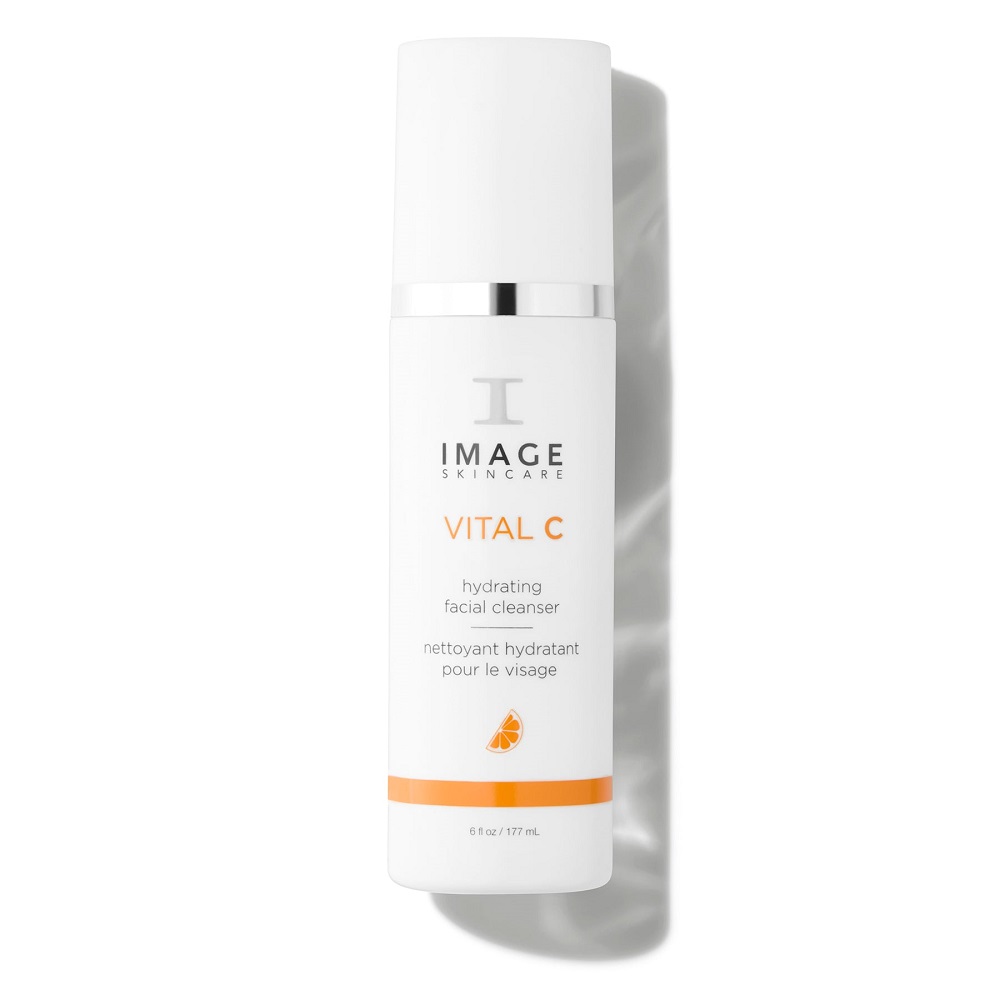
In conclusion, selecting the best cleansers involves understanding the essential ingredients that can enhance your skincare routine. Whether you need gentle surfactants, hydrating components, or nourishing antioxidants, knowing what to look for is crucial. Each ingredient serves a purpose in promoting healthy skin, and personalizing your cleansing routine can make a significant difference in your overall complexion.
Consider your skin type and specific concerns when choosing a cleanser. If you have oily skin, you may prefer a foaming cleanser with salicylic acid, while those with dry skin may benefit from a cream-based formula with hyaluronic acid. Taking the time to understand your skin’s needs allows you to select a cleanser that supports its health and vitality.
Lastly, remember that skincare is a holistic process. Your best cleansers should align with your overall routine and lifestyle choices. Incorporate proper hydration, sun protection, and a balanced diet to enhance the benefits of your cleanser. Embracing a comprehensive approach to skincare can lead to stunning results and a beautiful, radiant complexion.
Choose products with quality ingredients that nourish your skin while effectively removing impurities. With the right cleanser in your arsenal, you’ll have a solid foundation for a successful skincare journey. Enjoy the process of discovering the best options for your skin, and celebrate the beauty of healthy, clean skin!